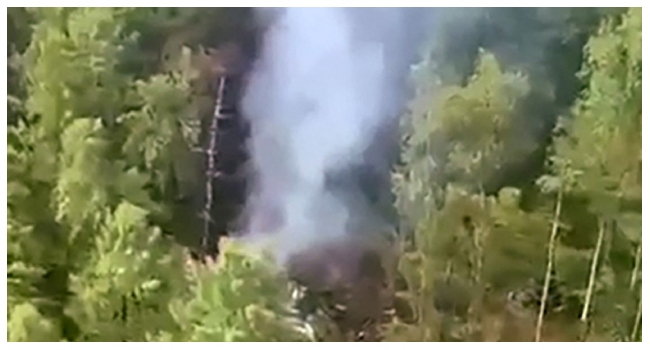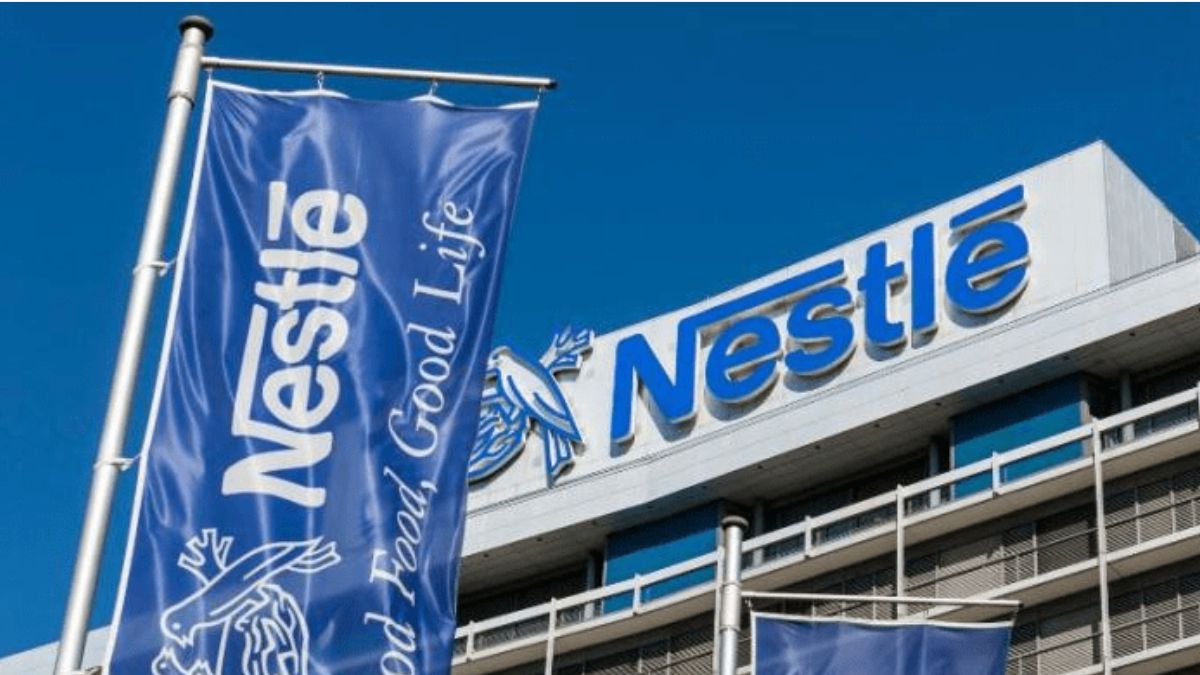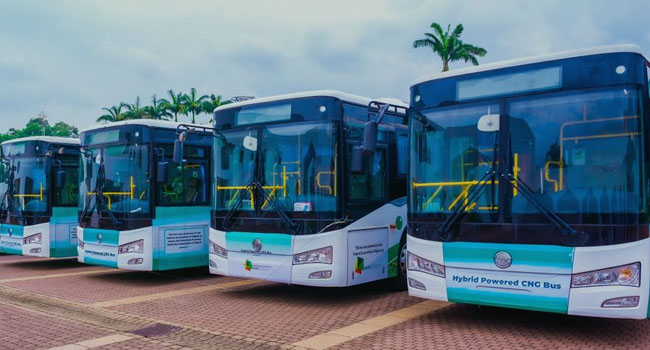By Ayomide Otitoju
The Federal Government of Nigeria has unveiled a new initiative to expand compressed natural gas (CNG) infrastructure and reduce transportation costs by over 40%. The plan was formalized on Friday with the signing of a Memorandum of Understanding in Abuja.
Michael Oluwagbemi, Programme Director of the Presidential Compressed Natural Gas Initiative, emphasized the government’s efforts to make transportation more affordable amid rising fuel prices. “We are working hard to bring transportation prices down. Mr. President has introduced a great alternative—compressed natural gas,” Oluwagbemi said.
Under the initiative, fares for eight-passenger vehicles will drop from N12,000 to N7,000, while four-passenger vehicle fares will decrease from N13,000 to N8,000 on routes like Abuja to Ajaokuta train station. Oluwagbemi highlighted that the trip from Itakpe Station to Warri, currently priced at N5,000, exemplifies the benefits of recent infrastructure investments.
This initiative is expected to provide immediate financial relief and encourages the conversion of commercial vehicles to CNG, which is sold at up to 60% less than petrol. Converted vehicles will operate more affordably and efficiently. The fare reductions are set to roll out nationwide by the end of October, with clear labels indicating the reduced fares on converted vehicles.
The National Union of Road Transport Workers (NURTW) has committed to ensuring compliance, and any operator violating the new rates will be penalized. Adeyemo Teslim, Secretary of the NURTW’s Ajaokuta unit, expressed support for the initiative, noting that expanded coverage and accessibility were key to its success.
To aid the transition, 10 CNG fuel conversion centres have already been established along the Abuja-Itakpe-Ajaokuta route. More stations are planned through partnerships with companies like Bovas and Matrix Energy, and 17 additional refuelling stations are set to open nationwide by the end of the year.
Vehicle inspections are expected to conclude soon, with conversions beginning shortly after. Over 100 vehicles have already applied for conversion, with the process expected to take two to three weeks.










